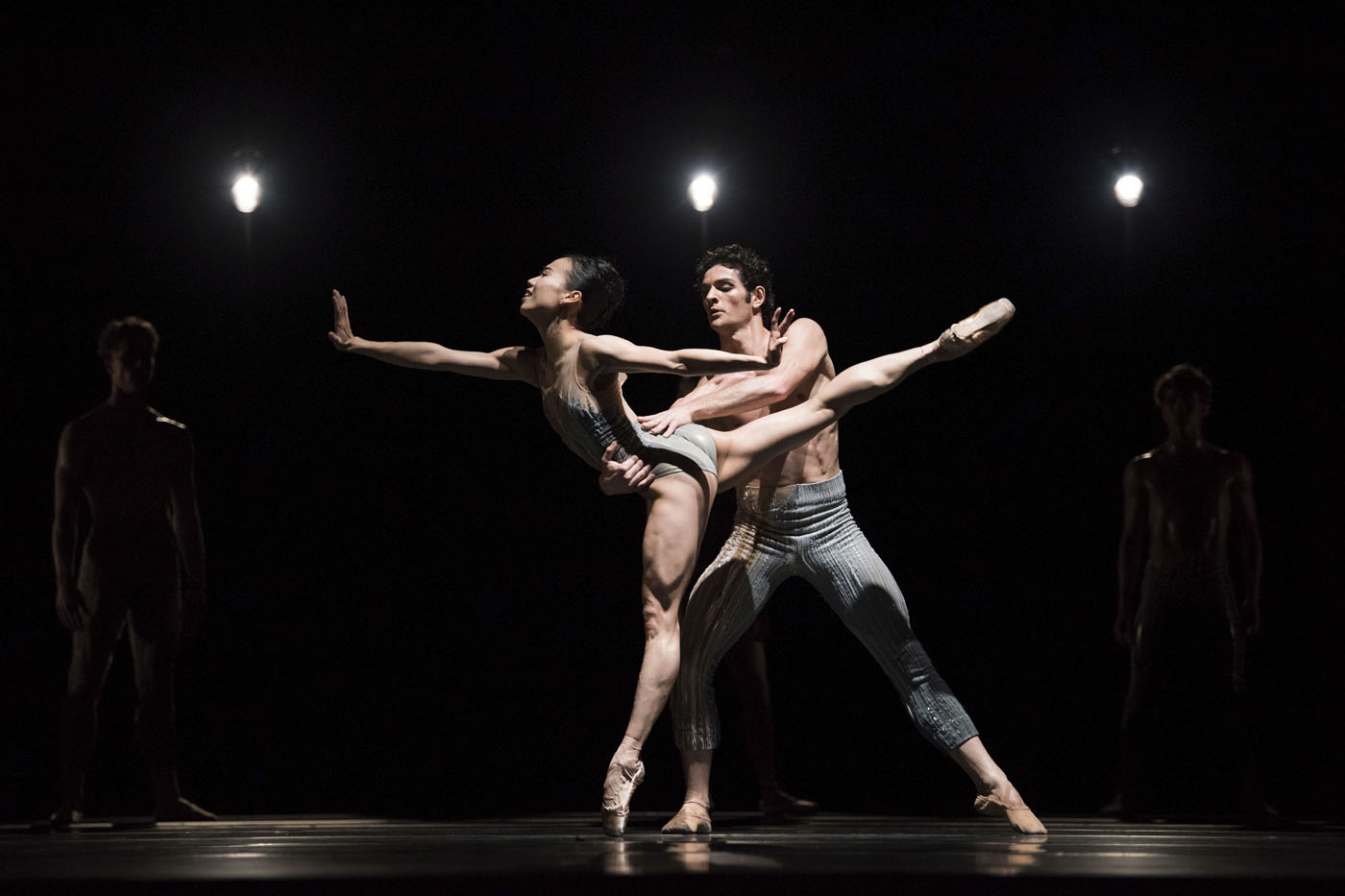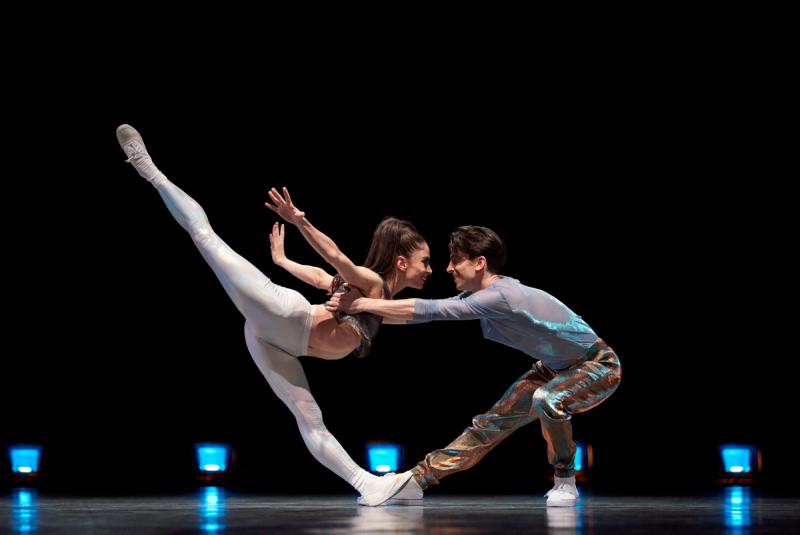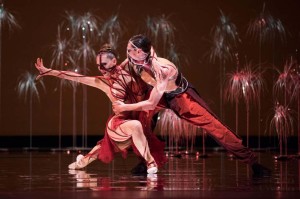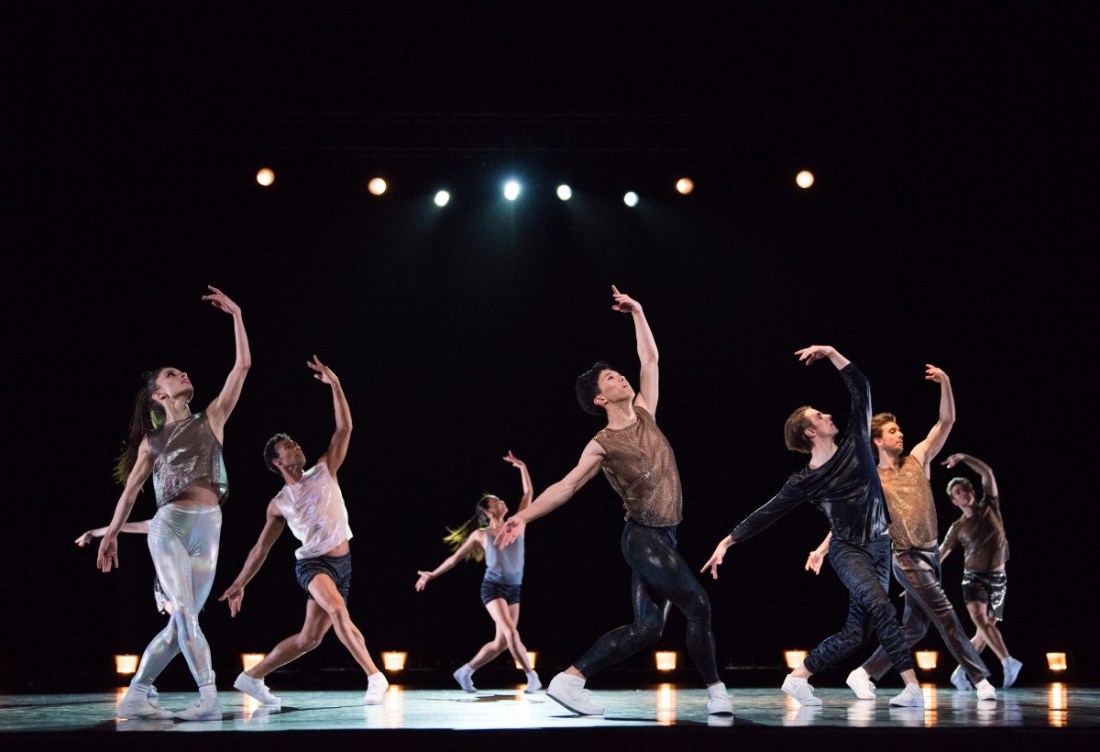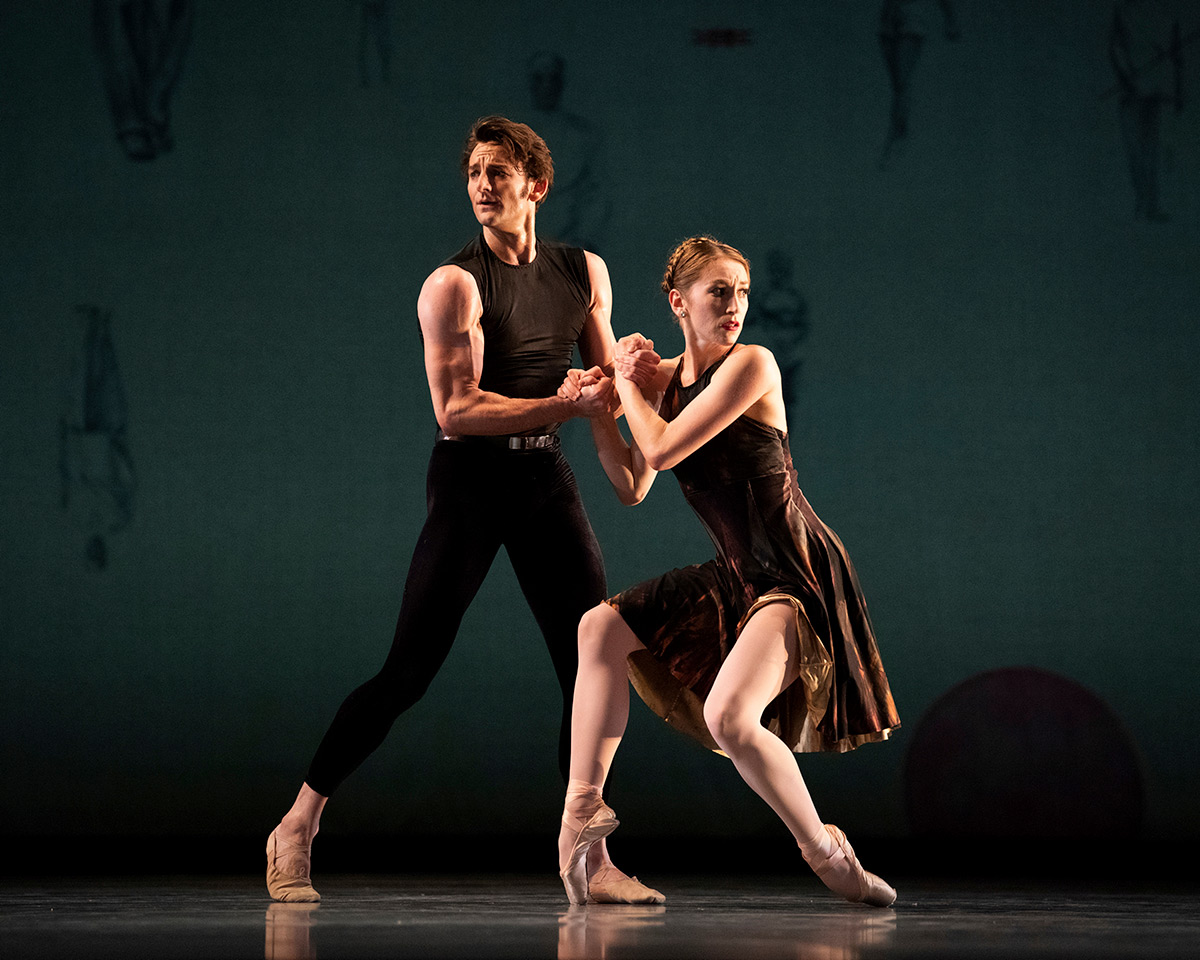
San Francisco Ballet in London Roundup
The Royal Ballet is currently on tour in LA, California, which is funny since, just a month ago, we had a Californian company visit us here in London: San Francisco Ballet, returning after a 7-year gap. During SFB’s previous tour (2012) and later, at Les Etés de la Danse in Paris (2014), the company had captivated us with its athleticism and vast modern ballet repertory. It was no different this time around, with 12 new works made by some of the world’s most influential choreographers today, for example: Cathy Marston, Arthur Pita, Justin Peck, Alexei Ratmansky, and Christopher Wheeldon. While hoping SFB won’t wait another 7 years to return, here are my 6 favourite things from the tour:
1) #Ratmanskyness
We continue to be devoted Ratmansky fans, having been fortunate to catch so many of his works over the years. Emilia reported on the Shostakovich Trilogy when ABT premiered it in New York (2013) and I had also seen Piano Concerto #1 with SFB in Paris, and loved every single second of it: the two-tone unitards, the quick formation changes, the “wow” factor (I will never forget Maria Kochetkova cruising down the stage in a series of grand jetés). This time, it was my chance to see the trilogy as a whole and I feel Symphony #9 has now taken its place as my favourite work. As a direct musical response to the score, one can perceive darker undertones and a creeping sense of loss. The choreography is vivid, filled with details and images, and it was beautifully performed by the cast (Dores André, Joseph Walsh, Aaron Robison, Jennifer Stahl and Wei Wang).
Chamber Symphony is moody and introspective, and looked very different in the two performances I saw, both impactful: the first with Ulrik Birkkjaer, who recently spoke to us about this section of the trilogy, and later with Joseph Walsh in the central role. It tells us much about Shostakovich’s life and lovers, but it is a piece that invites multiple viewings and one that I would like to revisit.
2) Made in Italy
Angelo Greco and Carlo Di Lanno are two Italian dancers who have been promoted in the last few years. They both left a lasting impression. Easily the best part of Stanton Welch’s Bespoke was Greco’s silent opening where we saw him perform a classical solo full of fireworks. Di Lanno brought his beautiful line and jump to Ratmansky’s Piano Concerto #1 and was the perfect partner to Sofiane Sylve, here channeling a red Amazonian Queen. Greco also made a big case for “king of the double tour” in the same ballet.
3) Dores André
She’s my pick for SFB’s MVP during the London season. This Spanish-American ballerina was literally cast in every work I saw, always showcasing her steely technique and kick-a*s attitude. She is a natural for the company’s style: neoclassical pieces that demand athleticism, but also some degree of emotion. She was witty and determined in Ratmansky’s Symphony #9, seductive in Pita’s Björk Ballet and uber cool in the Justin Peck. Plus, she made a solid partnership with fellow principal Joseph Walsh.
Her performances here made me wonder what she would be like in narrative work. YouTube tells me she has done Juliet in Tomasson’s Romeo and Juliet, Swanilda in Balanchine’s Coppélia and Olga in Cranko’s Onegin. Also Salome in Arthur Pita’s work of the same name.
4) Björk Party
Speaking of Pita, I had been so disappointed with The Wind, which he choreographed for The Royal Ballet, that it is a huge relief to see him back at his most creative and having fun with the bonkers awesome Björk Ballet. Granted, this work might not be breaking any new ground, but that is not the point. It is seriously fun to watch and belongs in the same category as Wayne McGregor’s Carbon Life (Gig ballets? Rave ballets?). It also makes smart use of design, props, music and lighting to create a mood. When Pita throws a Pierrot-like character on a mirrored floor, while a pink-feathered ballerina struts down the stage, what’s not to like?
5) Narrative bonus
Of all the ballets presented by SFB on this tour, only Cathy Marston’s Snowblind had elements of narrative. Based on the novel Ethan Frome, Marston focuses on the love triangle between Ethan, a farmer (Ulrik Birkkjaer), Zeena his wife (Jennifer Stahl), and his wife’s cousin, Mattie (Mathilde Froustey). The language is balletic, but owes a lot to contemporary dance, and even if some parts of the ballet can appear unclear to audiences unfamiliar with the story, the choreography makes room for these dancers to inhabit the characters. The final exchanges between the characters were powerful and Marston conveys the snowstorm that leads the ballet to its tragic conclusion with creativity and an effective sense of pace.
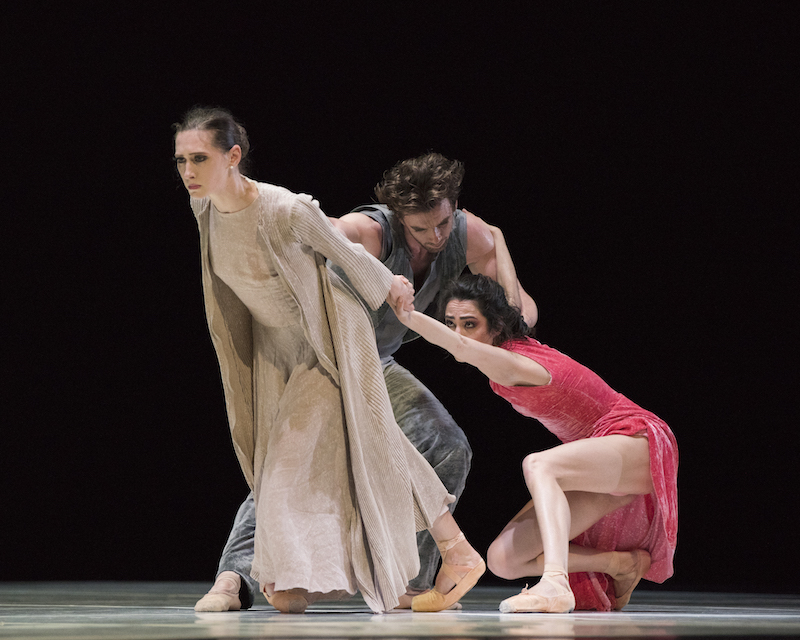
Mathilde Froustey, Ulrik Birkkjaer and Sarah Van Patten in Cathy Marston’s Snowblind. Photo: © Erik Tomasson
6) Justified HypeÂ
The adjectives “fresh” and “cool” are often used to describe Justin Peck’s ballets. I don’t disagree with these labels, but to me, the most interesting aspect of Peck’s Hurry Up We’re Dreaming is the fact that, despite being performed in sneakers (to a killer pop soundtrack by M83) , the language remains classical throughout. The positions are turned out, the upper body is lifted and two central pas de deux emerge amidst the various sections that also use a corps de ballet. Moreover, unlike many contemporary works out there, the piece had a point, it was not just dance for the sake of it. The ballet spoke of community and relationships, and had a sense of time and place. As the first song in the score tells us, Raconte-Moi Une Histoire.
